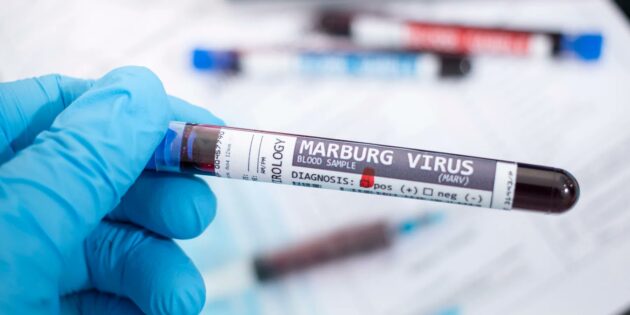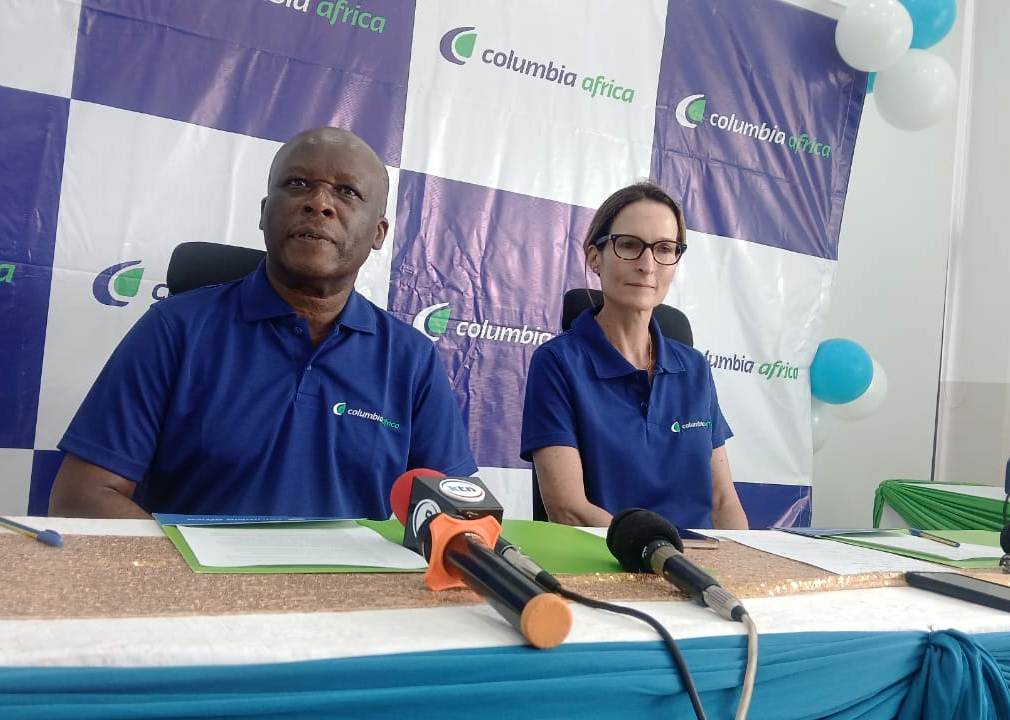Kenya Medical Research Institute (KEMRI) has initiated clinical trials to evaluate the effectiveness of a tuberculosis (TB) vaccine aimed at Pulmonary TB, the most prevalent and lethal form of the disease. According to KEMRI’s acting Director General, Prof. Elijah Songok, the Mtwapa research centre will conduct the M72/AS01 TB vaccine trial at nine locations throughout the country, including Nairobi and Siaya, to determine its safety and efficacy.
Prof. Songok emphasized that if successful, this vaccine could mark the first new TB vaccine in over a century, potentially saving millions of lives and reducing the incidence of TB worldwide. He highlighted the importance of this study for adolescents and adults up to 45 years old, as the existing BCG vaccine provides limited protection for this age group.
“For the past century, we have depended on the BCG vaccine, but its effectiveness diminishes after about 15 years, which increases adults’ vulnerability to TB,” he explained. Kenya is the second country, following South Africa, to participate in this global trial, which aims to involve over 20,000 participants. “Kenya’s participation is a vital part of the multinational trial that includes South Africa, Zambia, Malawi, Mozambique, Indonesia, and Vietnam,” he added.
According to the World Health Organization, TB remains one of the leading causes of death worldwide, with 10.6 million cases and 1.3 million deaths reported in 2022. In Kenya, around 128,000 new TB cases are documented annually, highlighting the urgent need for new and effective vaccines, particularly for adolescents and adults, where the current BCG vaccine falls short.
The trials commenced in July 2024, following the initial dosing of participants in South Africa in March 2024. Mtwapa has been identified as a suitable trial site due to its high TB prevalence, according to Dr Carolyne Ndila, the trial site manager.
About the Marburg virus disease outbreak in Rwanda, Songok mentioned that KEMRI is on high alert with enhanced surveillance measures. The institute is working closely with the WHO and regional partners to bolster response efforts and preparedness across East Africa. “Kenya has dealt with Marburg before, having reported a case in 1980 when an individual was bitten by bats in Kitum Cave in Mt. Elgon,” he noted. “The situation was contained, and we still have the plans and records for our response mechanisms in place… We are now more prepared and vigilant.”





